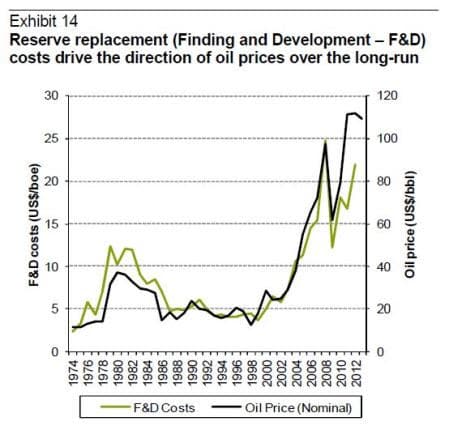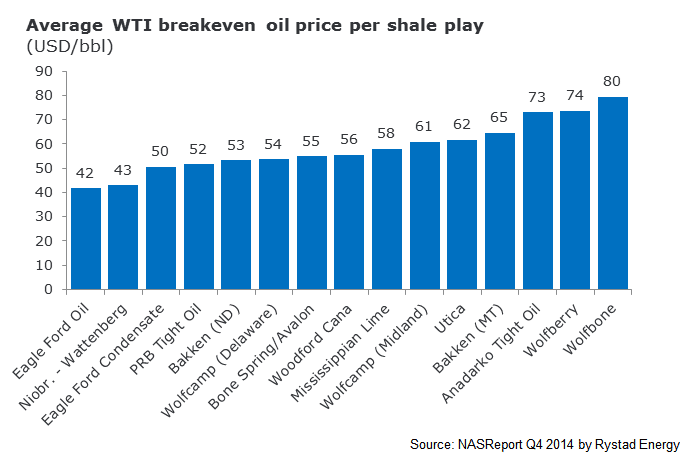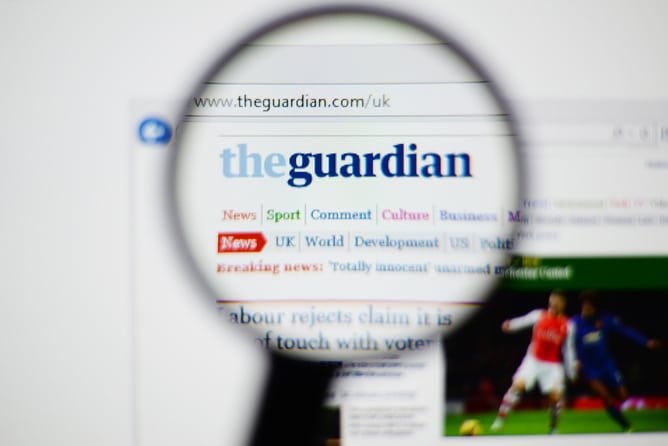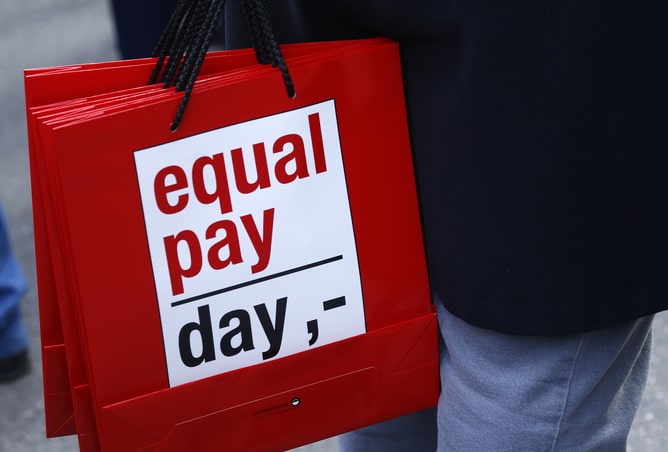Can Oil Prices Find a Happy Medium?
What if I told you that there was a period in history where oil demand declined by 5 million barrels per day and non-OPEC supply increased by 5 million barrels per day, yet oil price rallied more than 50 percent? Would you believe me? If your answer is yes, then you guessed right. This was the period from 1979 to 1985.











